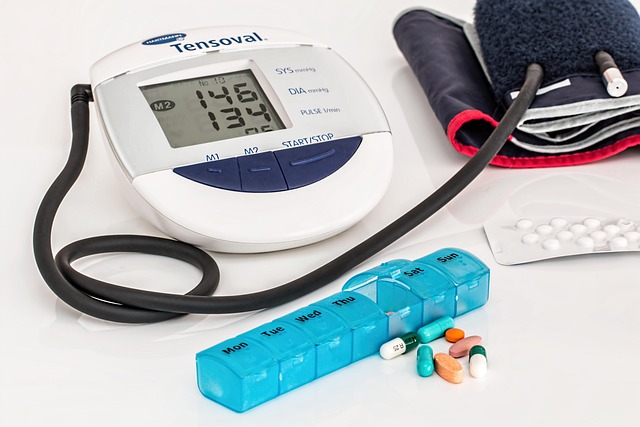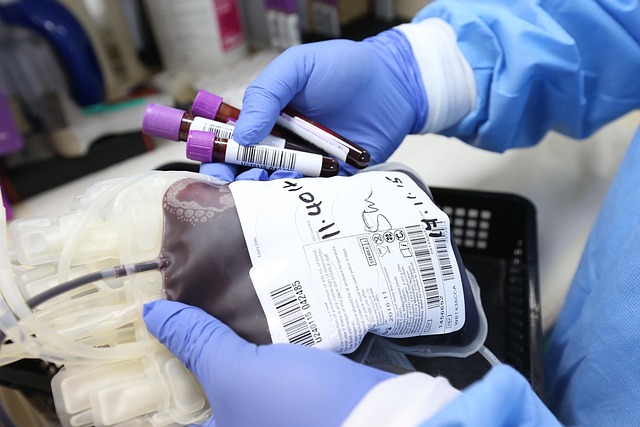Medications and Chronic Fatigue: What to Know
Some commonly used medications may contribute to symptoms of chronic fatigue, including persistent tiredness and low energy. Understanding these links can help guide better conversations with healthcare providers and support more informed treatment decisions.

Common Medications Associated with Fatigue Symptoms
Several types of prescription medications are known to potentially cause or worsen fatigue. These include certain antidepressants, blood pressure medications, antihistamines, and muscle relaxants. Beta-blockers, commonly prescribed for heart conditions and high blood pressure, may cause fatigue by lowering heart rate and blood pressure. Similarly, some statins used to manage cholesterol can contribute to muscle weakness and increased tiredness.
Understanding Medication-Related Fatigue
Medication-induced fatigue can manifest in various ways, from general drowsiness to overwhelming exhaustion. The timing and severity of fatigue symptoms often depend on factors like dosage, time of day taken, and individual response to the medication. Some people experience fatigue immediately after starting a new medication, while others may develop symptoms gradually over time.
Identifying When Medications Affect Energy Levels
Key indicators that medications might be contributing to fatigue include:
-
New or worsening tiredness after starting a medication
-
Fatigue that follows a consistent pattern related to medication timing
-
Improvement in energy levels when doses are adjusted or medications are changed
-
Persistent exhaustion that doesn’t improve with rest or sleep
Managing Medication-Related Fatigue
Working closely with healthcare providers is essential when addressing medication-related fatigue. Several strategies can help minimize the impact:
-
Adjusting medication timing to align with daily schedules
-
Gradually modifying dosages under medical supervision
-
Exploring alternative medications with different side effect profiles
-
Implementing lifestyle modifications to support energy levels
When to Discuss Fatigue with Your Doctor
Schedule a consultation with your healthcare provider if:
-
Fatigue significantly impacts daily activities
-
Tiredness persists despite adequate rest
-
Multiple medications are being taken concurrently
-
New symptoms develop alongside fatigue
Alternative Medication Options for Common Conditions
| Condition | Traditional Medication | Alternative Options | Fatigue Risk |
|---|---|---|---|
| Hypertension | Beta-blockers | ACE inhibitors | Lower |
| Allergies | First-generation antihistamines | Second-generation antihistamines | Lower |
| Depression | SSRIs | SNRIs or NDRIs | Varies |
| Anxiety | Benzodiazepines | Buspirone | Lower |
Prices, rates, or cost estimates mentioned in this article are based on the latest available information but may change over time. Independent research is advised before making financial decisions.
Conclusion
Managing medication-related fatigue requires a balanced approach between treating underlying conditions and maintaining quality of life. By understanding potential connections between medications and fatigue, patients can engage in more productive discussions with their healthcare providers and work together to find optimal treatment solutions that minimize unwanted side effects while effectively managing their health conditions.
This article is for informational purposes only and should not be considered medical advice. Please consult a qualified healthcare professional for personalized guidance and treatment.




